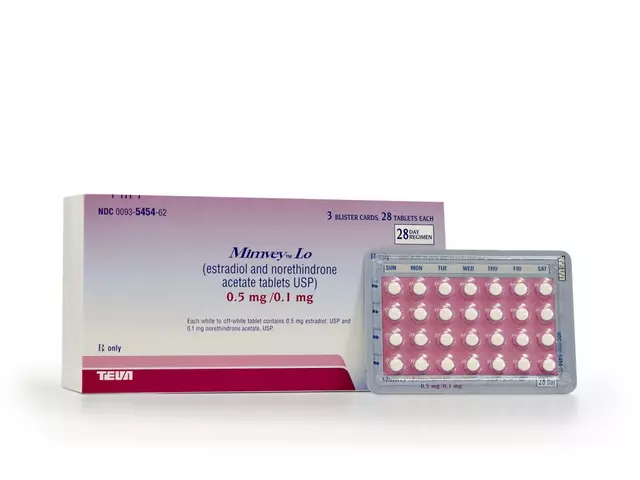
Prescription Dilantin: What It Is and How to Use It
If your doctor mentioned Dilantin, you’re probably dealing with seizures or a related condition. Dilantin is the brand name for phenytoin, an older but reliable anti‑seizure medicine. It works by calming down nerve activity in the brain so seizures don’t happen as often.
How to Take Dilantin the Right Way
First thing: follow your doctor’s prescription exactly. The dose can vary a lot—some people start with 100 mg three times a day, others need more or less. Your doctor might adjust the amount after checking blood levels.
Take Dilantin with food if it upsets your stomach. Swallow tablets whole; don’t crush or chew them because that changes how quickly the drug gets into your system. If you miss a dose, take it as soon as you remember unless it’s almost time for the next one—then skip the missed pill and continue regular timing.
Common Side Effects to Watch For
Most people feel fine, but Dilantin can cause some annoying or serious reactions. The most common are drowsiness, shaky hands, or a rash that looks like red spots. If you notice any swelling of the face, trouble breathing, or a severe skin reaction, call your doctor right away—those could be signs of a rare but dangerous allergy.
Long‑term use sometimes affects gums (they can become swollen and bleed) and bone health. Regular dental check‑ups and calcium‑rich foods help keep those issues in check.
A blood test is usually done after a few weeks on Dilantin. The goal is to keep the level within a therapeutic range—too low, seizures may still happen; too high, side effects increase. Your lab results guide any dose tweaks.
Tips for Staying Safe While on Dilantin
Never mix Dilantin with alcohol or other medicines without checking first. Some drugs, like certain antibiotics and birth‑control pills, can change how Dilantin works.
If you’re pregnant or planning to become pregnant, talk to your doctor ASAP. Dilantin can affect the baby’s development, so a different medication might be safer.
Keep a list of all medicines you take—prescription, over‑the‑counter, and supplements—and share it with any new health provider. This helps avoid accidental interactions.
Finally, store Dilantin at room temperature away from moisture and keep it out of reach of children. If a bottle expires, don’t use the pills; get a fresh prescription.
Bottom line: Dilantin can control seizures well when you take it exactly as directed, watch for side effects, and stay in touch with your doctor about blood levels and any other meds you’re using.
-
23 Aug







